For 45 years, the International Baccalaureate (IB) programme have gained a reputation for implementing high academic standards and for preparing students for life in a globalized society. In the Asia Pacific region, the IB supports over 620 schools offering more than 900 programmes in 29 countries and territories.
The first IB World School to be authorised in Singapore was in 1977. To date, there are 31 IB World schools in the country.
Ian Chambers, the Asia Pacific Director at the International Baccalaureate tells TNAP more about the IB programme.
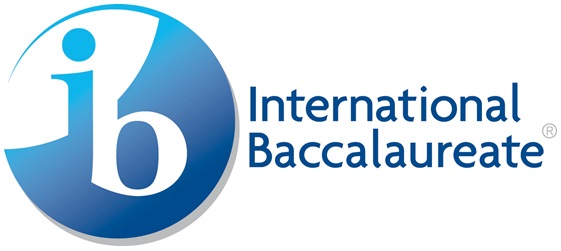
1. What is the IB Programme about in a nutshell?
Founded in 1968, the International Baccalaureate is a not-for-profit foundation which offers four high quality and challenging educational programmes for a worldwide community of schools. Currently, more than 1 million IB students attend over 4,260 schools in 146 countries across the world.
The IB programme consists of four highly respected programmes of international education that help develop the intellectual, personal, emotional and social skills required when it comes to living, learning and working in an ever-changing globalised world. It is available for individuals from 3 to 19 years old.
2. What does the curriculum consist of?
The International Baccalaureate (IB) offers a continuum of international education from early years to pre-university. The programmes encourage both meta-cognition needed for high academic achievement, challenging students to excel in their studies but also in their personal development. This is important as students need to maintain a strong sense of self and their culture so they can be grounded in whatever life throws their way. The IB’s assessments are designed to determine how much the student knows against the global standards we set, allowing us to create an intentional benchmark.
- The Primary Years Programme (PYP) is aimed at facilitating young learners’ curiosity about their world and channeling it in age-appropriate ways for them to sow the necessary seeds to enable them to become active, caring, lifelong learners who demonstrate respect for themselves and others and deeply engage with the stimulations that the world generates in these young minds. Parents of our children need to be prepared for the many questions that these students generate from their ability to think deeply.
- The Middle Years Programme (MYP) is a framework that works in most schools around the world. We continue the development of the needs of learners at this age to make practical connections between their studies and the real world. We believe that at this age they develop passion for certain topics and thirst for a need to understand why they are learning what they are being asked to learn. Some of the stunning projects that students produce should make their parents and teachers proud.
- The Diploma Programme (DP) is an academically rigorous programme of education with the students’ final examination being assessed by examiners worldwide. IB DP graduates are a well-known brand the world over. The deep thinking they do through these two years of studies that stretch them intellectually, emotionally and skill wise is seen by some of the DP alumni as the best educational preparation they’ve had.
- The newest qualification to be offered by the IB, the IB Career-related Programme (CP) is designed for students interested in pursuing a career-related education in the final two years of secondary school. It provides them with an excellent foundation to support their further studies, as well as ensure their preparedness for success in the workforce.
3. How are IB classes normally conducted?
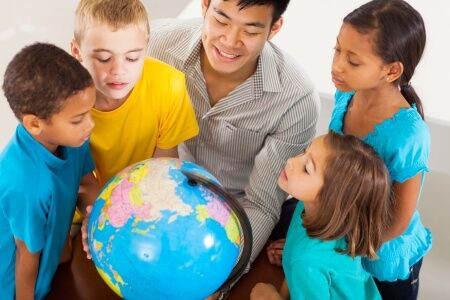
IB’s teaching style centers on learners, works within global contexts, helping students understand and grasp the concept of different languages and cultures while exploring significant content, developing disciplinary and interdisciplinary understanding that meets rigorous international standards.
An IB education aims to nurture and transform students and schools as they learn through cycles of inquiry, action and reflection. Teachers are also there to support students as they develop both personally and academically. The education also aims to help students explore, construct and make sense of their own identities.
4. How young can my child learn the IB prgramme?
The IB framework consists of four programmes and caters to individuals from 3 to 19 years old.
5. What are the differences between IB and the various primary to tertiary education programmes in Singapore?
The IB programme aims to do more than other curricula by developing inquiring, knowledgeable education that places emphasis on a student’s personal development and growth. This means students develop notable academic ability, strong research and writing skills, an international outlook on the world and a keen interest in civic engagement which will guide and place students in a position to be successful throughout their university careers.
The IB is independent of governments and national systems and is therefore in a position to incorporate best practices from a range of international frameworks and curricula. This also enables the IB to take a more holistic approach towards education.
Its unique academic rigor teaches students to be independent in their thoughts, drive their own learning, to think critically, to challenge what they are told, be more culturally aware, confident and develop strong academic, social and emotional characteristics. Furthermore, the IB programme encourages students to consider both their local and international environments, enabling them to better interact with people from all over the world.
Ian Chambers, Director of Asia Pacific at the International Baccalaureate has forged a successful career in education leadership and teaching over the past 14 years. He oversees the work of professional development, authorisation and evaluation of schools, recognition and the IB Educator Network (IBEN). Before joining the IB, Ian was Regional Manager, Asia Pacific for a provider of international qualifications for 14 – 19 year olds where he also held the position of Regional Manager, South Asia based in New Delhi, India.
Stay tuned for part 2!
If you find this article useful, do click Like and Share at the bottom of the post, thank you.
Like what you see here? Get parenting tips and stories straight to your inbox! Join our mailing list here







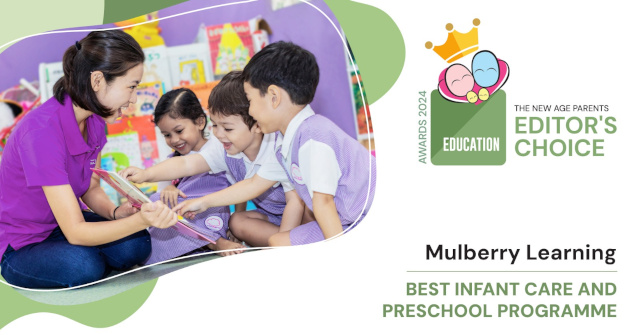

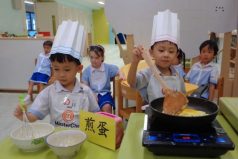

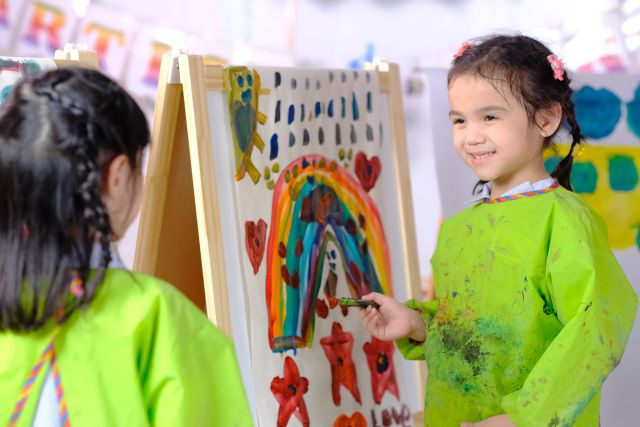
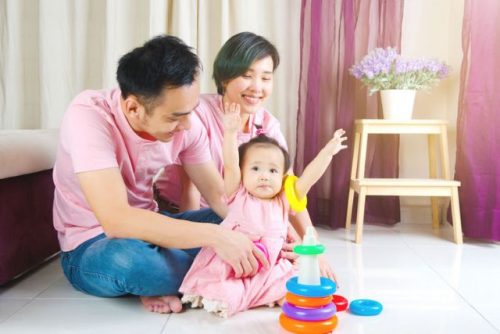

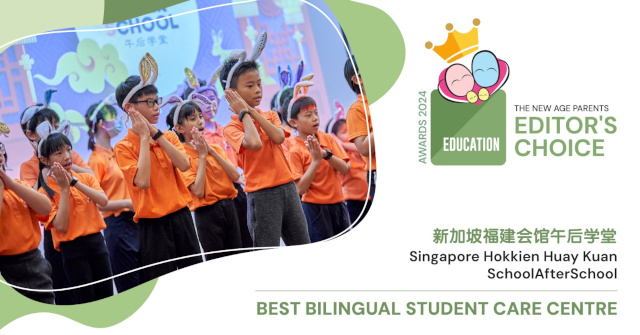
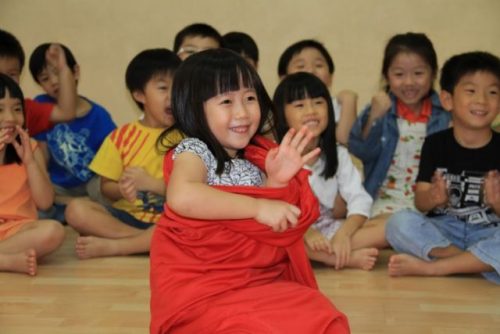

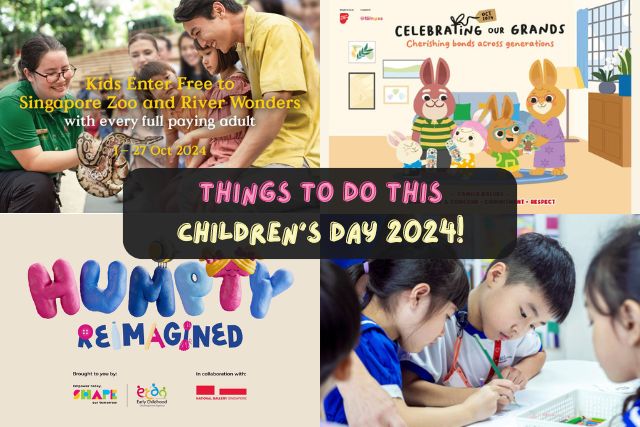
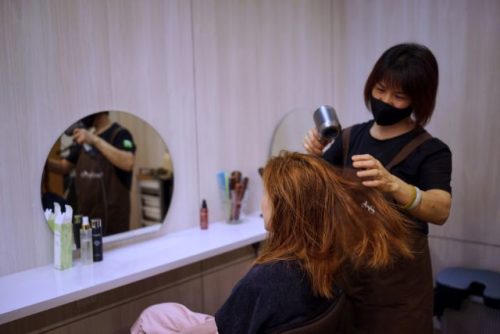







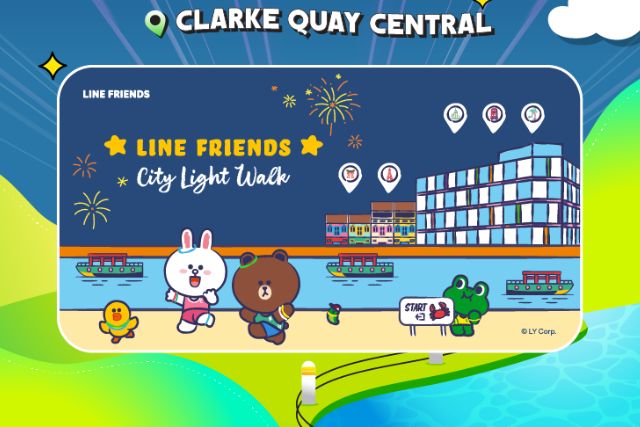
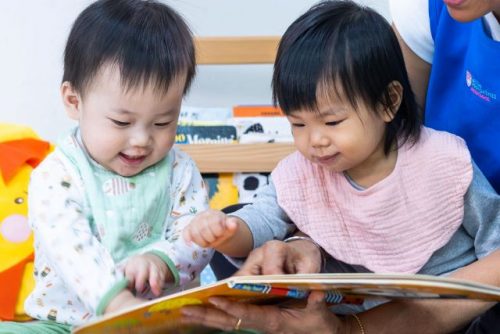








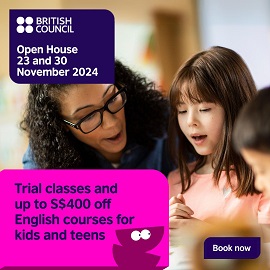


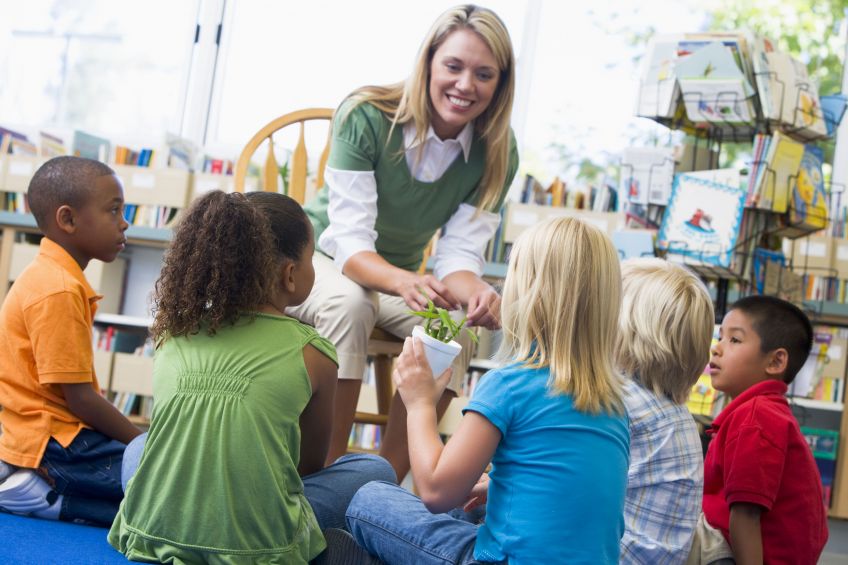

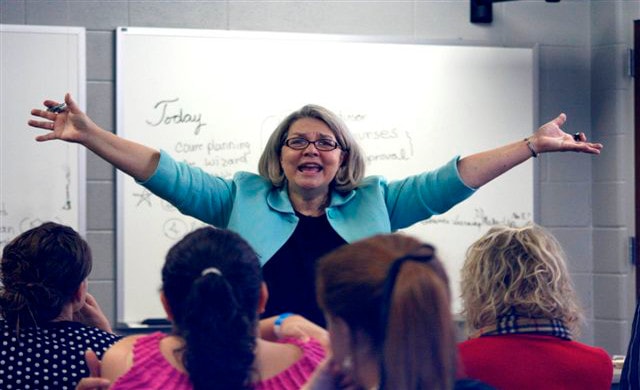
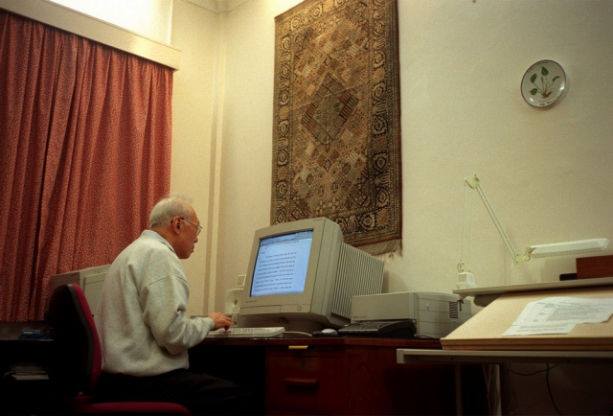
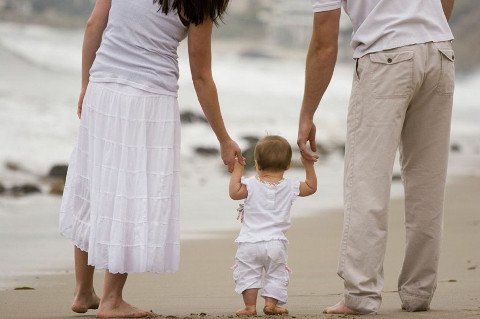
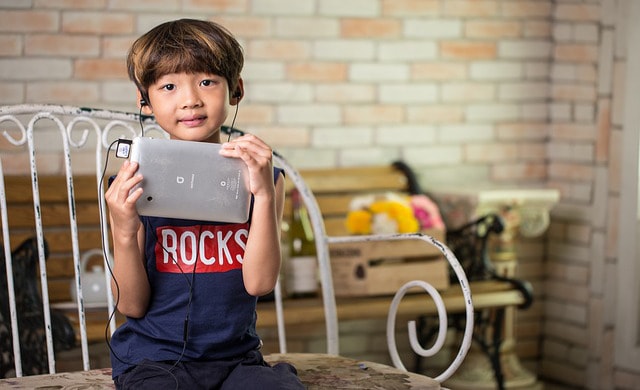
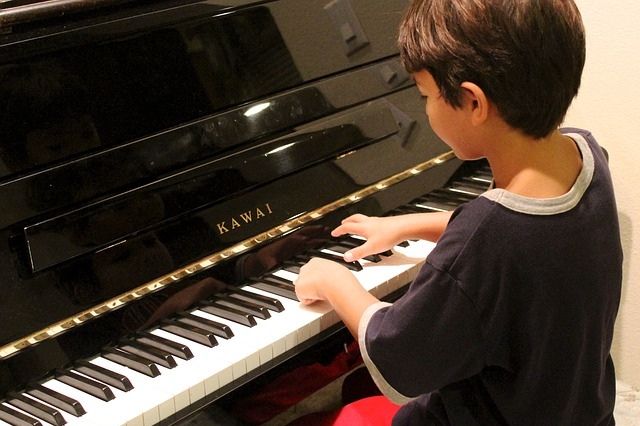

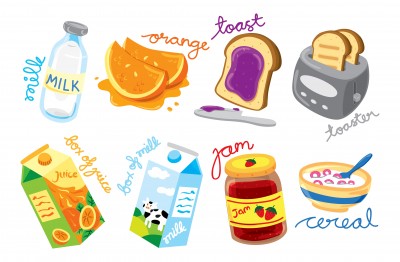
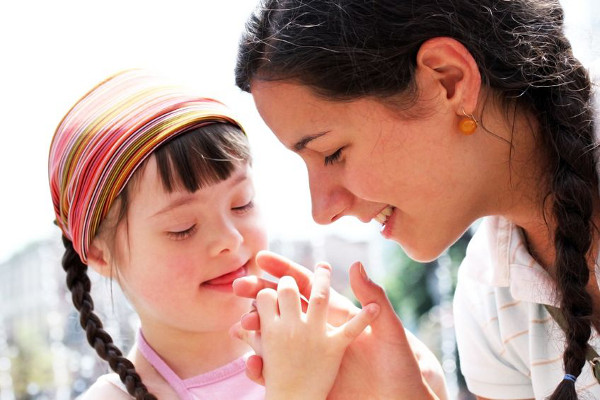


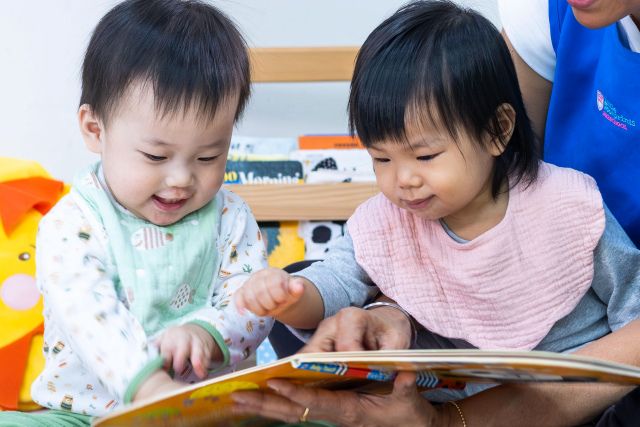



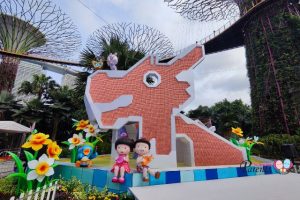



Leave a Comment: